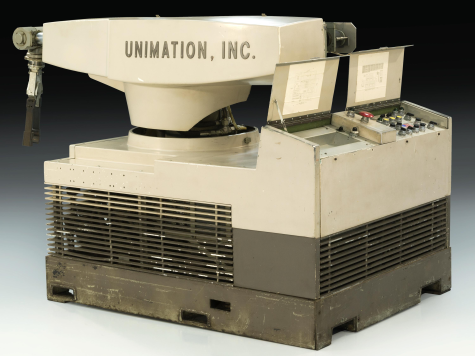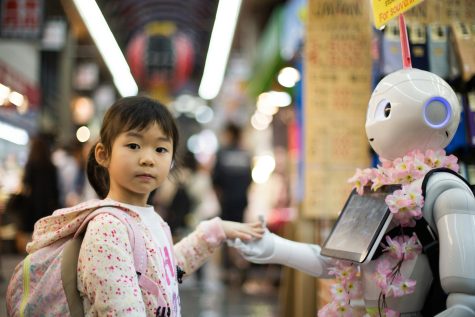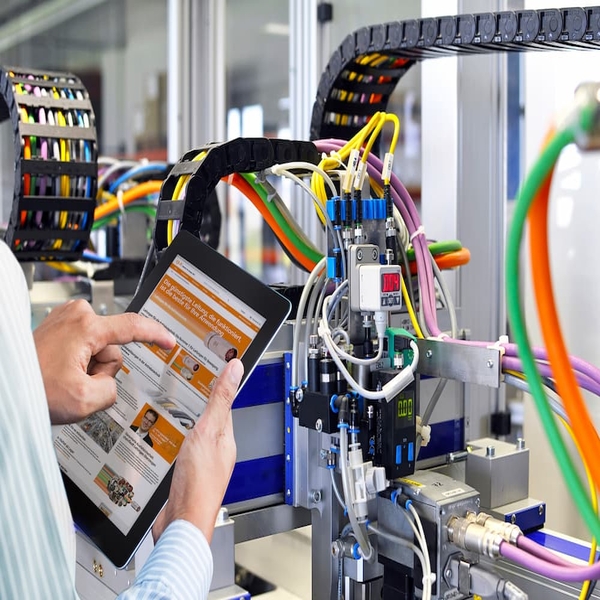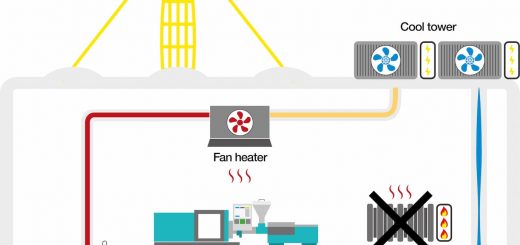How can robots help humans in the future?
Robots are set to become a big part of our daily lives. From healthcare to home assistance, we’re gearing up to use them to make our lives easier and more efficient. How close are we to a robot revolution, and are we aware of how far we’ve already come?
Where it all began

As technology advances at such an incredible rate, it’s easy to forget where robots began. Invented by Joseph Engelburger in the 1950s and granted a patent in 1961, the Unimate was the first ever industrial robot, but it wasn’t until 1966 that television audiences around the world saw the robot for the first time on the Tonight Show hosted by Johnny Carson.
From a two-dimensional drawing to an industrial and societal revolution, the Unimate robot remains one of the most significant contributions in the past one hundred years not only to manufacturing but to civilisation. As a result of the Unimate, the field of robotics continued to expand beyond manufacturing, redesigning processes in almost every industry.
Where will we see robots in the future?
Robots are making waves across many industries, and the future looks brighter for it, despite natural scepticism from business owners and employees alike. Imagine surgical robots performing minimally invasive operations with unprecedented precision, providing to quicker recoveries and better outcomes. Robots that can assist in caring for the vulnerable and elderly, offering companionship and keeping an eye on health metrics to alert caregivers in the event of an emergency.
For some, the thought of machines integrating into daily life is exciting while others have concerns that it is the beginning of the end for job opportunities, personal service and genuine human connections. The threat of advanced technologies like these is still minimal though, and perhaps robots can be employed to fill the gaps that people don’t want to fill.
A helping hand
Picture a world where you never have to worry about household chores again. Robots could handle cleaning, cooking, and even laundry, freeing up time to build and maintain relationships with the people you are closest to. Advanced home assistants might manage your diary, order groceries, and keep your home secure, giving you the freedom to enjoy life and fill your time with new experiences.
Effects in the Workplace
Alongside the ability to make the most of your personal life, robots can take on repetitive and dangerous tasks in the workplace, freeing up humans to focus on creative and strategic roles and improve areas once neglected as a result of limited time and manpower.
This shift could lead to higher productivity and job satisfaction. In manufacturing, robots are successfully working alongside humans to enhance efficiency and precision. igus® sell industrial robots on their RBTX website and provide the ability to build, programme and control your own robot through robot control software.

Not only do we provide robots for manufacturing, but igus® have educational starter kits to provide a personalised method of learning, able to be adapted to each student’s needs and learning style.
Looking to the future
The future of robotics is exciting and opens up a realm of possibilities. By taking over mundane, dangerous, and repetitive tasks, robots can free us up to focus on creativity, innovation, and personal growth. As technology advances, the partnership between humans and robots will likely lead to more efficient working environments and an improved quality of life extending outside of this.
To learn more about robotics, click here.



